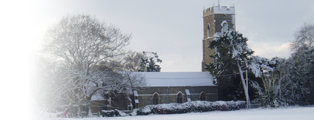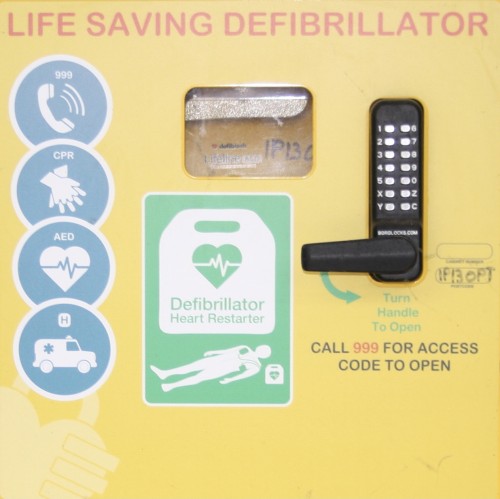Introduction to the Bible
An Introduction to the Bible
The Bible simply means ‘the books’ and it has been the prime text of Christianity for more than two millennia, and though it’s often referred to as a single book, it is made up of many books, and is the final product of what were originally orally transmitted stories. So, put simply the Bible is a collection of sacred stories, and I wish I had read more of it throughout my life, as my knowledge would be so much more now, when I really need it.
It’s a book of stories in its simplest form, and the Word of God in its most profound. And we owe much to William Tyndale (c1494 – 1536) for the first English version of it, and also to King James I for his 1611 Authorised Version which contains 66 books, it has 1,189 chapters, about 774,146 words and over 3.5 millions letters.
It’s a book in two parts the first part the Old Testament which has 39 of the 66 books, followed by the New Testament with 27 books, and it’s here where we read about the earthly Jesus, his life , death and resurrection. The first four books in the New Testament are called ‘Gospels’, and are accredited to the four evangelists Matthew, Mark, Luke and John, although Mark is the shortest and thought to be the earliest. My personal favourite is Luke because here we can meet the compassionate human Jesus, who shows compassion for the marginalised of society, the poor, the outcasts, the sick, and women. But they are four complementary accounts of the life of Jesus, each written by a different writer, over a period of about 50 years. And they do not just tell interesting facts about the life of Jesus, as an historical person. They tell it so that we may discover the good news about how Jesus, the Son of God, the ‘Logos’ the Word of God can make life changing impact on our lives today if we will let him.
So no matter which edition you own, and apparently most homes do have one somewhere, my personal choice from the many on offer in any good bookshop would be the New Revised Standard Version (copyright 1989) because it reads well in English, and has an inclusive language. There is no one translation that will be perfect and acceptable to everyone, but the more modern versions are honest translations of earlier forms, updated in order to ‘speak’ to the readers of time. And as it is the Word of God, it is only right that people of every generation should be able to read it in a version that resonates personally with them. So find one you like, paperback, hardback, expensive leather binding or Kindle version, and give it a try. If you’re not already a regular reader of this ‘best seller’ I suggest that you try a taster session, by starting at the beginning and choosing from some of the more well known stories of Creation, Adam and Eve, or Noah and flood from the Genesis, with its collection of epic momentous stories.
Rev Deirdre West


